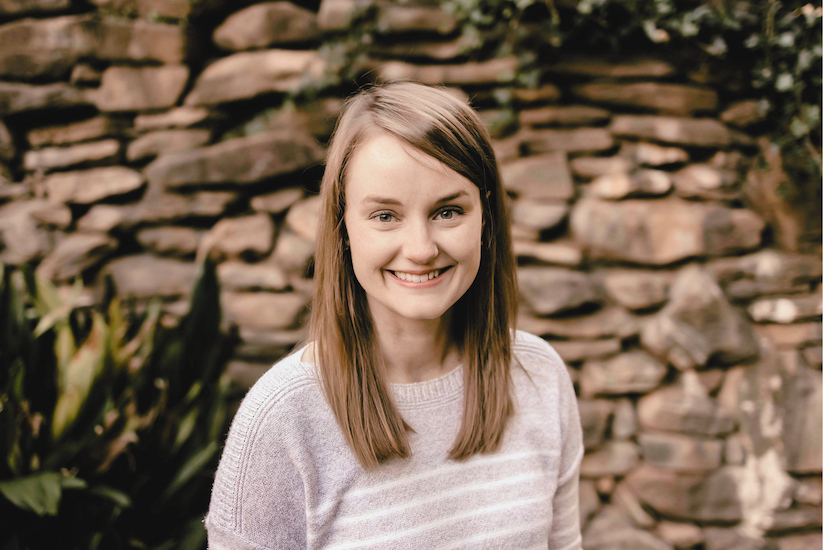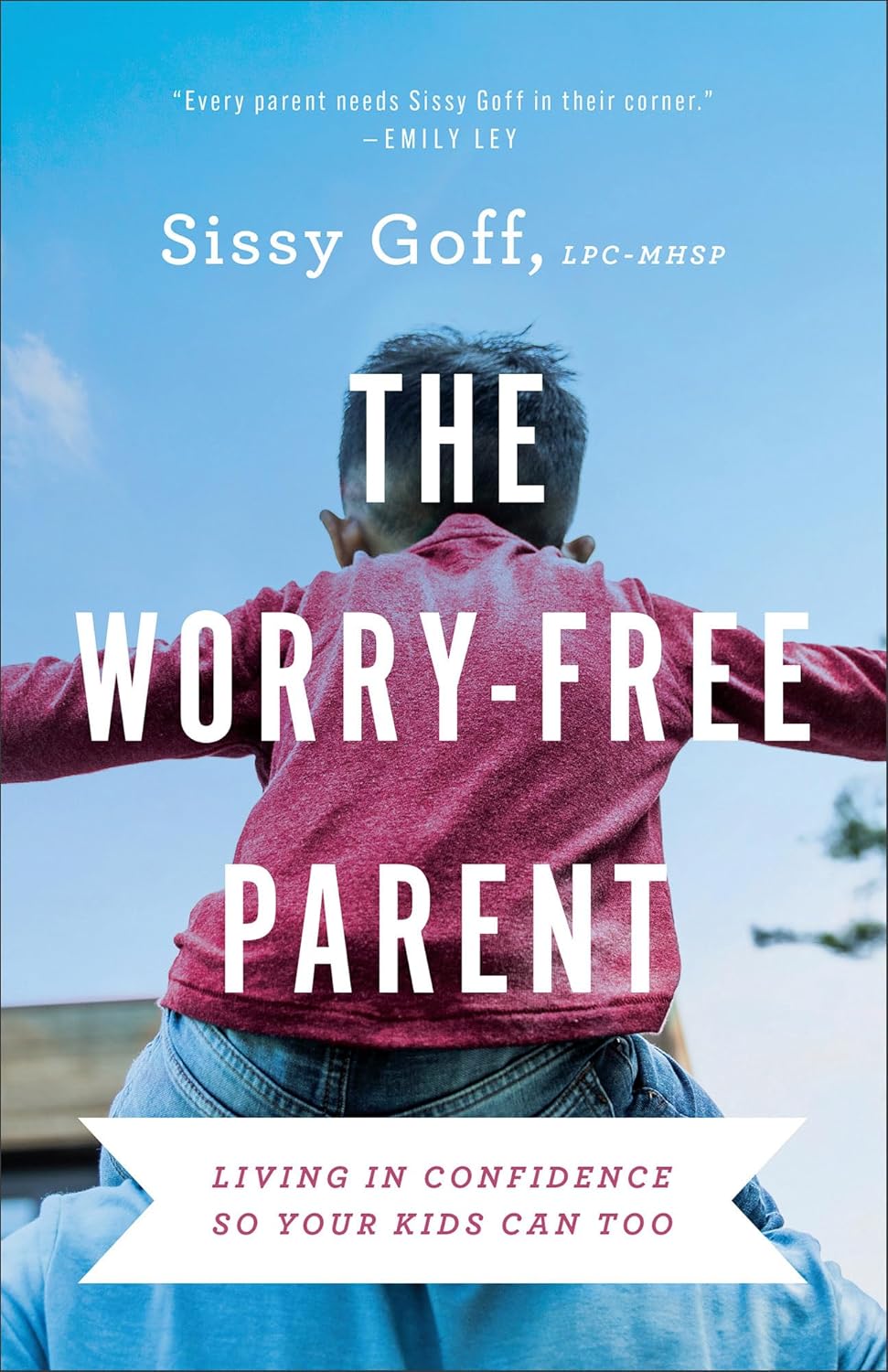Note: Periodically I’ll post book reviews to serve as a resource for readers looking for recommendations. I plan to include books for adults as well as kids’ books. Very few of these reviews will be on new releases. If you’re like me and are about two to three years behind on your reading, then this section is for you! You can find other book reviews here.
The Worry-Free Parent: Living in Confidence So Your Kids Can Too
Sissy Goff
Bethany House Publishers, 2023
Summary
Worry is contagious. Research shows that children with anxious parents are up to seven times more likely to develop an anxiety order themselves. Sissy Goff, a veteran child and adolescent counselor, noticed as much in her practice. In The Worry-Free Parent, Goff shifts her focus to the parents of anxious children. With well-researched and proven results, Goff gives parents tools to help them manage their own anxiety, better equipping them to help their children manage the same. Goff encourages parents to discover the roots of their own anxiety and worry, healthily process their anxiety, model bravery, and connect with their children in ways not marred by the shadow of worry.
Review
I discovered Sissy Goff's book, Raising Worry-Free Girls shortly after my daughter was born. I read it immediately, for I feared that my own battles with worry and anxiety would spill over onto my daughter. Five years later, I can say that I probably read Worry-Free Girls far too early, but that's on brand for someone who deals with anticipatory anxiety as I do. I've since read several books by Goff and her counterparts, David Thomas and Melissa Trevathan, finding their work to be a helpful combination of clinical research and methodology, but based in Biblical truth. The Worry-Free Parent was no exception. Goff's book helps parents discover the roots of their anxiety, understand how the anxious mind works and how to help rewire it, and graciously speaks the truth about how anxiety affects our children and why it is important to fight against it. While not a cure-all, particularly for parents who deal with clinical anxiety, The Worry-Free Parent is, at the least, a helpful and effective starting point for anxious parents who wish to combat worry and avoid passing it on to their children.
Pros:
- Goff strikes a nice balance between information and practical application. In dealing with anxiety, I have found it very helpful to learn some simple neuroscience—how my brain works, how it's wired, and some of the root causes of anxiety. At the same time, however, without tools to deal with anxiety, the mere knowledge of how my mind works is not effective at combating fear. The Worry-Free Parent gives the reader both the understanding and the tools necessary to fight against anxiety.
- This book focuses hard on grace, but without excusing or coddling the reader. Anxiety is often accompanied by shame, and Goff reminds the reader to give him/herself grace as we attempt to fight against our worry. At the same time, she encourages parents to be the calmest person in the room and to stop allowing ourselves to be driven by our emotions.
- Because she is a veteran child and adolescent counselor, Goff lends her experience and expertise to parents on what children actually need to grow and flourish. Kids need to take risks, to be given independence, to see parents struggle, fail, and apologize. These are all things that parents with anxiety try to avoid, so it's helpful to read a credentialed outsider's perspective on how to raise confident kids.
- Goff frequently references the Enneagram without much explanation. While knowledge of the Enneagram is not pertinent to the book as a whole, it could alienate readers who either have no knowledge of that particular personality test, or who have concerns about it.
- It may be that I wasn't understanding correctly, but I felt that Goff was a bit inconsisent in her discussion of emotions. In one section, she encourages parents not to allow themselves to be driven by emotions, but in another section she encourages parents to validate their child's emotions, at times calling it their "intuition." Perhaps validating emotions is not necessarily the same as encouraging children to be driven by their emotions. However, I was left confused about how to help my children deal with their emotions without validating emotions that may not be correct.
Who Should Read This Book:
The Worry-Free Parent is a helpful book for any parent who deals with anxiety and worry. As much as we try, we're going to model that fear to our kids and Goff's book provides helpful information and tools to combat it. I recommend anxious parents of young children read this book and start using the tools as soon as possible.
Favorite Quotes:
"Every expert on worry and anxiety would say that for anyone of any age to work through their anxiety, they have to do the scary thing."
"The goal is not to stop feeling anxious. The goal is to learn that you can feel fear and still do the brave thing..."
Photo by Mitchell Luo on Unsplash






